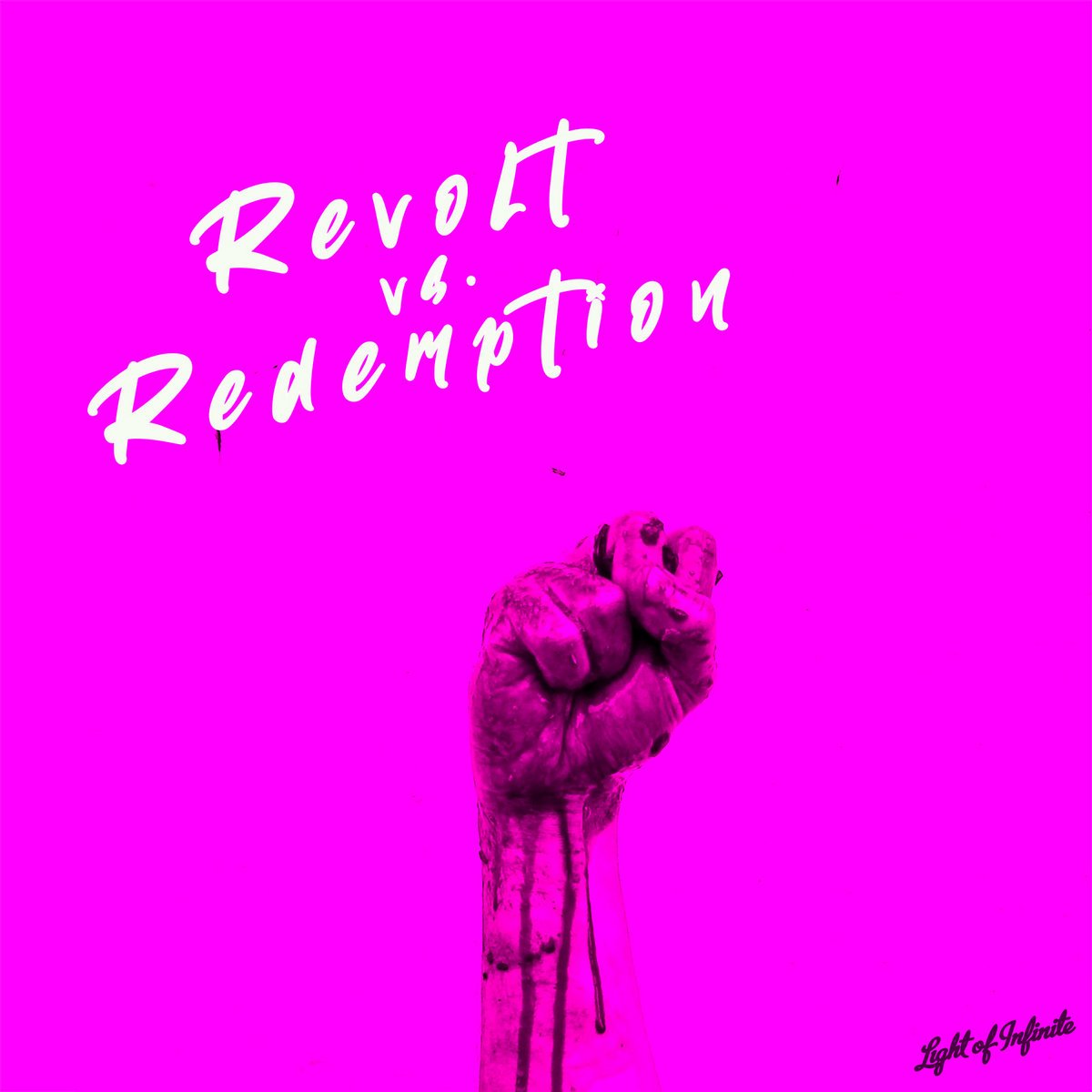There’s Always Money In The Banana Stand (deuteronomy: eikev)
When I was living in Bushwick, NY, my roommate Aaron Wertheimer, an old childhood friend, would always watch Arrested Development. Seeing it in passing, I didn’t fully get the epicness of the show and its humor. When I gave it a real chance, I was hooked. I think it even topped Seinfeld in how beyond brilliant it was. As I write this, so many lines are circling my mind, but one that sticks out is George Bluth, Sr. reassuring his son, Michael Bluth, the main character, that “there’s always money in the banana stand”. When Michael hears this, he interprets it to mean that the banana stand that the family owns will always make money, not realizing why his father kept winking at him while saying this, missing the actual message that there are literally thousands of dollars in cash …
There’s Always Money In The Banana Stand (deuteronomy: eikev) Continue Reading









